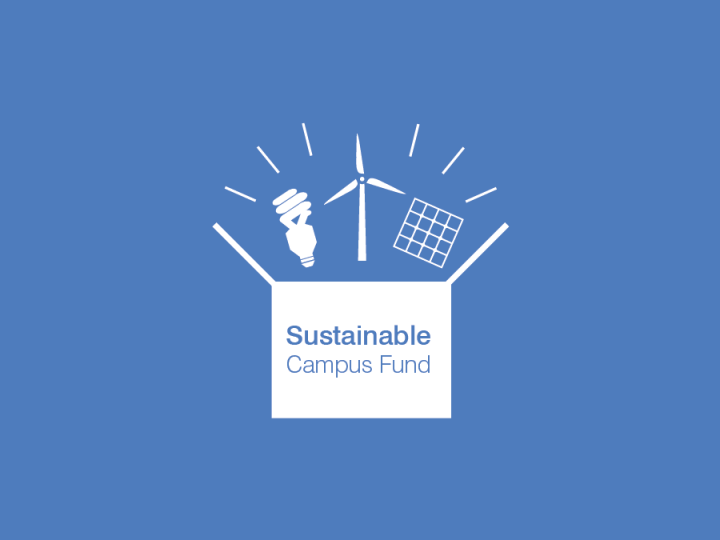Update on the Sustainable Campus Fund – saving carbon and money at the University of Edinburgh
A quick update on how the Sustainable Campus Fund is being allocated as of the end of April 2017.

The Sustainable Campus Fund is an internal investment vehicle that provides financing to parties within the University for implementing energy efficiency, renewable energy, and other sustainability projects that generate cost savings. It was approved by Estates Committee in May 2016 with £2.75M allocated for 3 years commencing in 2016/17 and a Year 1 budget of £750,000.
Staff and students from around the University have put forward ideas via an online platform. A network of over 100 Energy Coordinators has helped to disseminate information about the fund. The fund has helped to generate broader interest and awareness in energy efficiency.
Projects proposed are screened by a joint Estates-SRS working group using a points-based system that considers financial payback and minimum ROI of 6%, carbon savings, match funding, innovation, creativity, collaboration and additionally.
The original business case was that investing £2.75M over 3 years would bring estimated financial returns of £675,000 per annum by Year 3 in addition to reducing our carbon emissions. For the whole fund, a simple payback period of 5.1 years, NPV of ca. £8.2M and an Internal Rate of Return of 30% were originally estimated.
Update on the fund
Performance is strong. At the end of 2017 Quarter 3:
- 19 Projects were approved by Director of Estates and Director of SRS following screening and recommendations by the Utilities Working Group. 11 projects have been rejected (either at the screening stage or at Directors review) while some of these may be reviewed again at a later date if criteria are met.
- £533,420 was allocated and approved for spend for these projects
- Projects approved are estimated to bring annual financial savings of £193,000 and annual carbon saving of 950tCO2e.
- Carbon savings identified to date through the fund are roughly equivalent to taking 200 cars off the road for a year…
- Approved projects to date have an average ROI of 477% and a combined payback of 2.8 years.
Savings are being achieved through a wide spread of projects such as: innovations in fume cupboards (constant to variable air flow); lighting replacements; use of sensors; a helium recovery project; replacement of UPS; use of closed circuit chillers. A freezer fund has been established to support replacement to more energy efficient models. A small projects fund is also available as part of the wider fund to support contributions for more efficient equipment. This has supported purchase of new drying ovens in various locations.
How to apply
Applications can be made on our website; simply fill in your contact details in the spaces provided. Colleagues from SRS and Estates will support you with developing the project.
The Fund performance is reviewed quarterly. Information on potential pipeline projects is included in forecasting and updated to compare current assumptions against the original proposal. Year 1 is on track and Year 2 is expected to be on track while there are some uncertainties (as to be expected) in projects and their performance for Year 3.
Michelle Brown
Head of SRS Programmes

Contact details
- Work: 0131 650 4364
- Email: M.H.Brown@ed.ac.uk
Availability
Michelle joined the University of Edinburgh in 2014 bringing nearly 20 years of international experience. Michelle is responsible for the organisation, planning, management and delivery of SRS programmes to deliver our strategies and commitments on climate change, circular economy, supply chains and community engagement. Prior to joining the department, Michelle was a Director in CSR Asia and worked as a consultant for the International Finance Corporation (IFC) and for the International Labour Organisation (ILO) and has consulted for numerous international companies and development organisations in China, Vietnam, India parts of Africa, the UK and Canada. She has served as a Director for VSO in China and previously taught on courses at the University of Hong Kong and at the Asian Institute of Technology (AIT).

